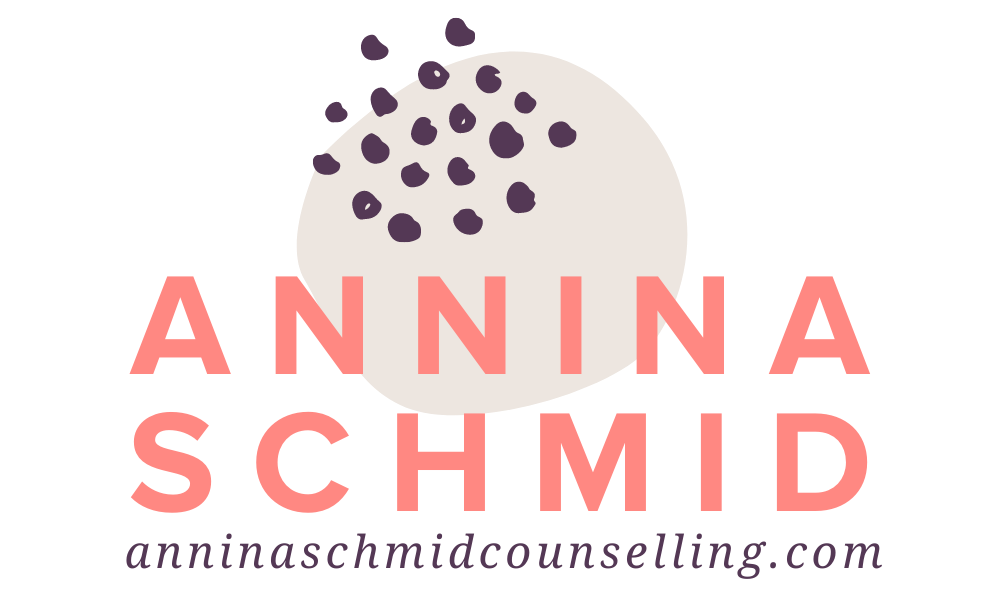Whether you’re in recovery from disordered eating, binge drinking or substance use, feeding yourself regularly is of utmost importance.
Skipping meals for any reason, including prior to holiday meals, and even when you’re not in recovery, is a bad idea.
Here are twelve reasons why:
Your hunger cues will be thrown off
It will be hard to get clear around when you’re hungry or full when you make an effort to override hunger cues. Overriding hunger cues will eventually lead you to a point where you are no longer sure what you need at any given time, which in mu experience will also lead to confusion around what you’re feeling emotionally, because you’re just so used to ignore your needs.
Your brain will go into starvation mode
..which means it will order your body to eat itself - fat, muscles, lean tissue (yes, that’s organs, bones, tendons and ligaments, too!), you name it. Essentially all the good stuff you want to keep, because it keeps you alive.
Your ED voice will get strengthened
With my clients, I often talk about taking the next recovery-oriented action. Whenever you choose to engage in an ED behaviour instead, re-committing to recovery will become so much more difficult.
You will be more likely to binge when you finally do eat
That’s the science behind the binge-restrict-cycle, which comes with a big, added portion of shame.
You will get tired
You’re depriving your body of energy.
You will get cranky
You’re depriving your body of pleasure.
You will get depressed
Your brain needs nutrients to be healthy, and the last thing you want on top of being depressed is being more depressed.
You’ll have a harder time focusing
Another effect from too little glucose in your brain. And, by the way, glucose is glucose, no matter whether it comes from what people call “refined sugar” or fruit.
You’ll risk constipation
That’s because your gut will get confused around what you’re trying to do. Regular meals mean regular poos, which means healthy digestion.
It messes with your routine
In recovery, routine is key, because suddenly ending up with lots of unaccounted time for will increase your risk to engage in unhelpful behaviours. Regular meals have a function not just in keeping us nourished, but also in keeping us busy (gathering food, preparing it and eating it can take quite some time, as I’m sure you know).
You’re still depriving yourself
This is an issue because, in recovery, ideally you’ll learn to understand that you deserve to be well and that you don’t need to punish yourself any longer. When you’re skipping meals, you’re making an anti-self-care choice. Not what we’re looking for in recovery, now is the time to pamper yourself and learn how to look after yourself better.
You’re still participating in diet mentality
When in recovery from an eating disorder, it’s key to understand that the diet industry is literally feeding off of you starving yourself. While you’re sitting there doubting yourself and potentially feeling miserable, someone is counting their dough.
Hope this list helps with making regular nourishment a priority at all times!
Warmly,
Annina

